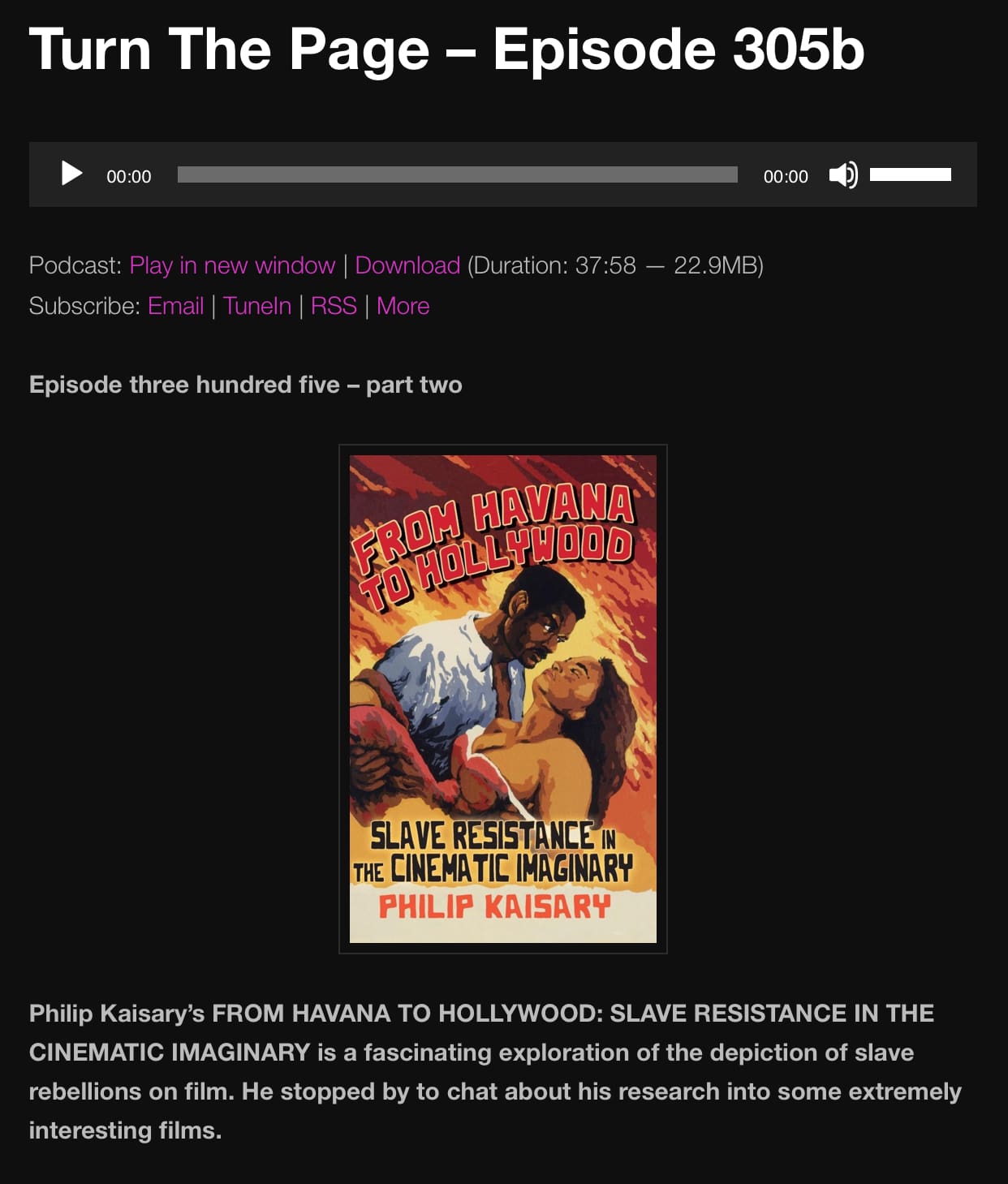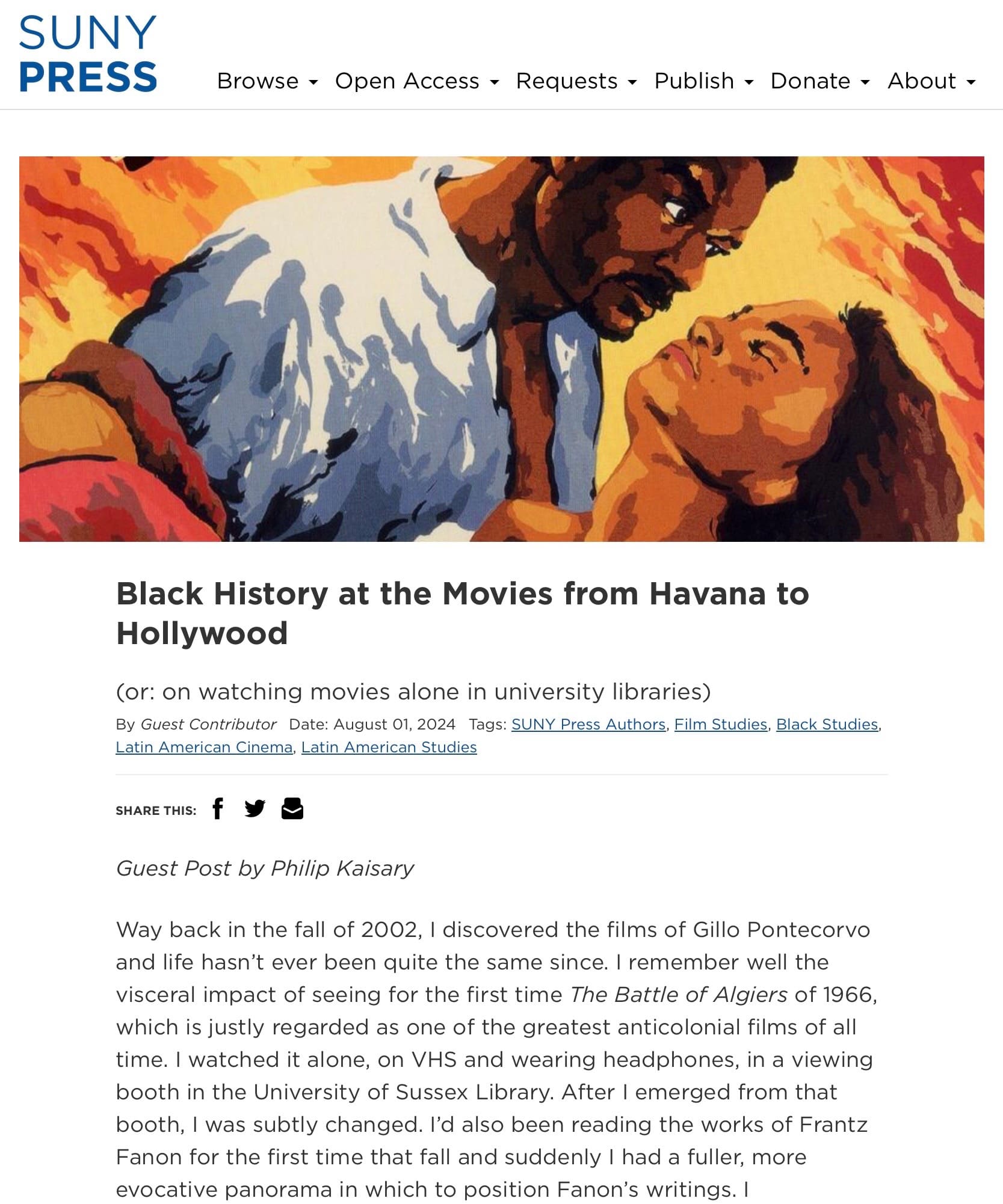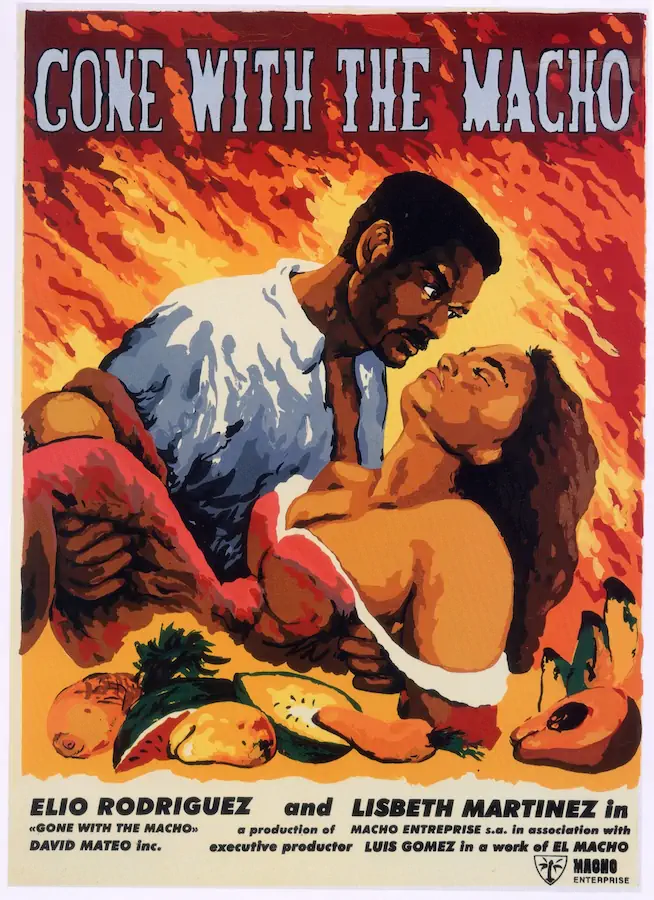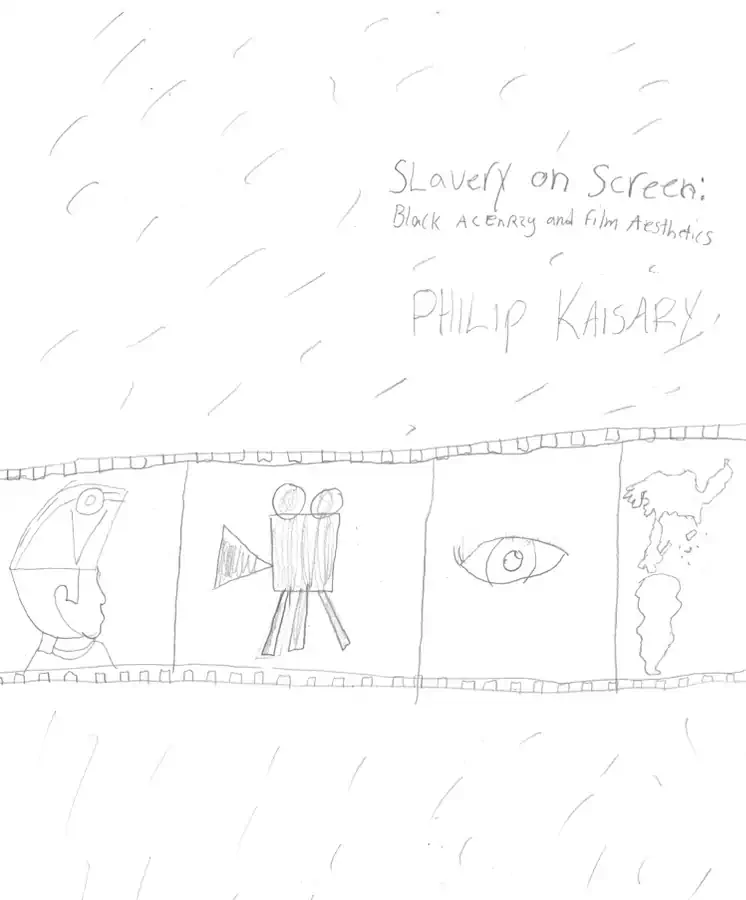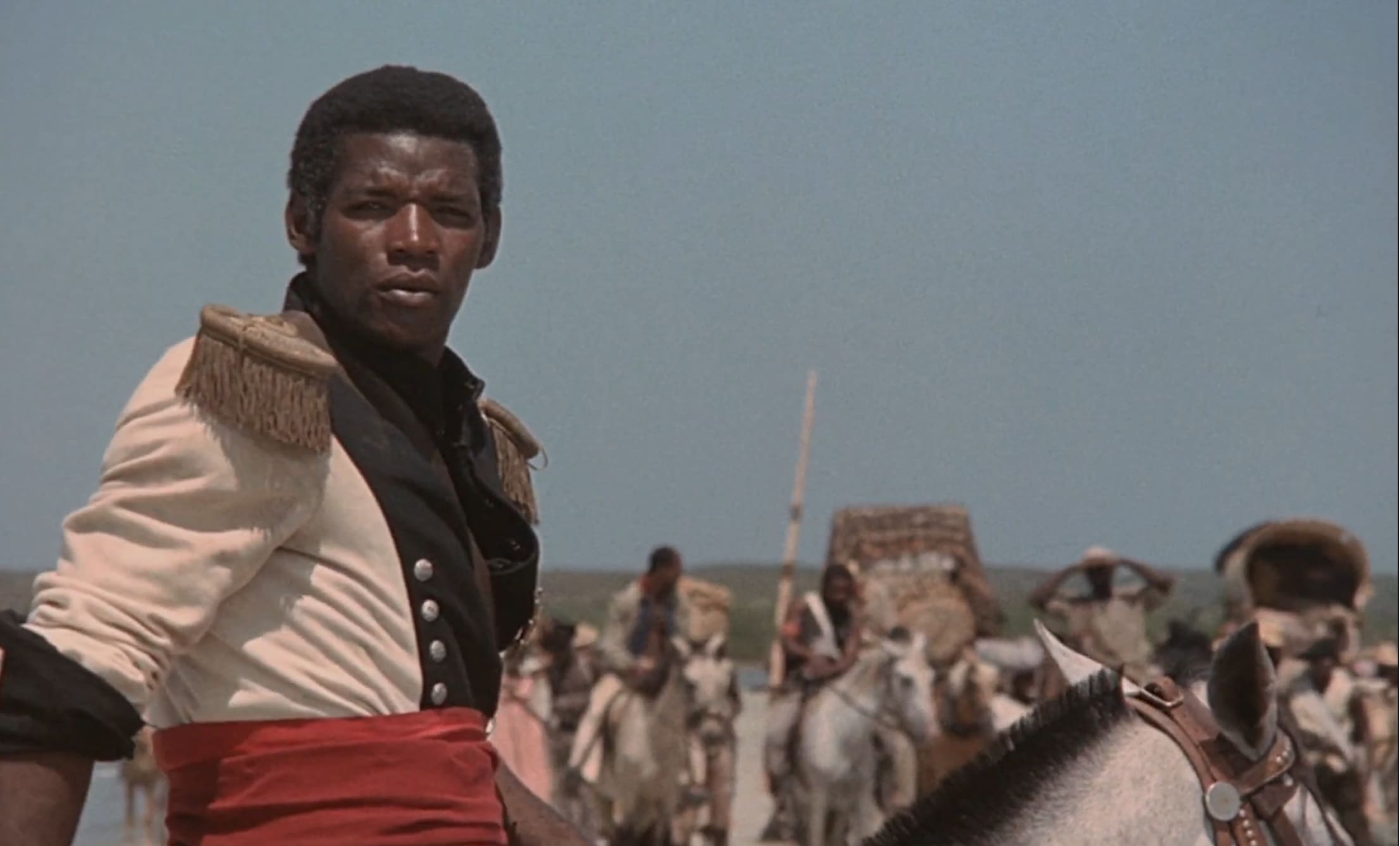
It is an inescapable fact that Hollywood slavery films have established a popular historiography of slavery for a global audience and have played a major role in the generation of public knowledge and opinion about slavery and its inheritance. However, from the earliest days of cinema, Hollywood has promoted, at best, a very partial view of slavery. Black subjectivity, Black points of view, Black voices and stories, and Black historical achievement have all been routinely marginalized or overlooked. In particular, there is a striking lack of films that centre Black resistance to slavery.
While conducting research into the representation of slavery in cinematic history, I discovered that, in contrast to films coming out of the United States, in Cuban cinema there is a tradition of foregrounding Black resistance to slavery. In my recent book, From Havana to Hollywood, I argued that this foregrounding challenges the ways in which slavery has been fundamentally misremembered and misunderstood in North America and Europe. I also argued that the widespread absence of representation of Black agency in Hollywood slavery films should be understood in systemic terms and as an instance of a longstanding aversion to the recognition of historical Black achievement.
This themed playlist showcases four cinematic feature-length films produced in Havana in the 1970s that challenge the longstanding tradition of eliding Black resistance to slavery. It also showcases one atypical Hollywood production that spectacularly subverts the format of the Hollywood ‘swashbuckler’ to stage a dramatic story of Black revolution – Gillo Pontecorvo’s Burn! of 1969.
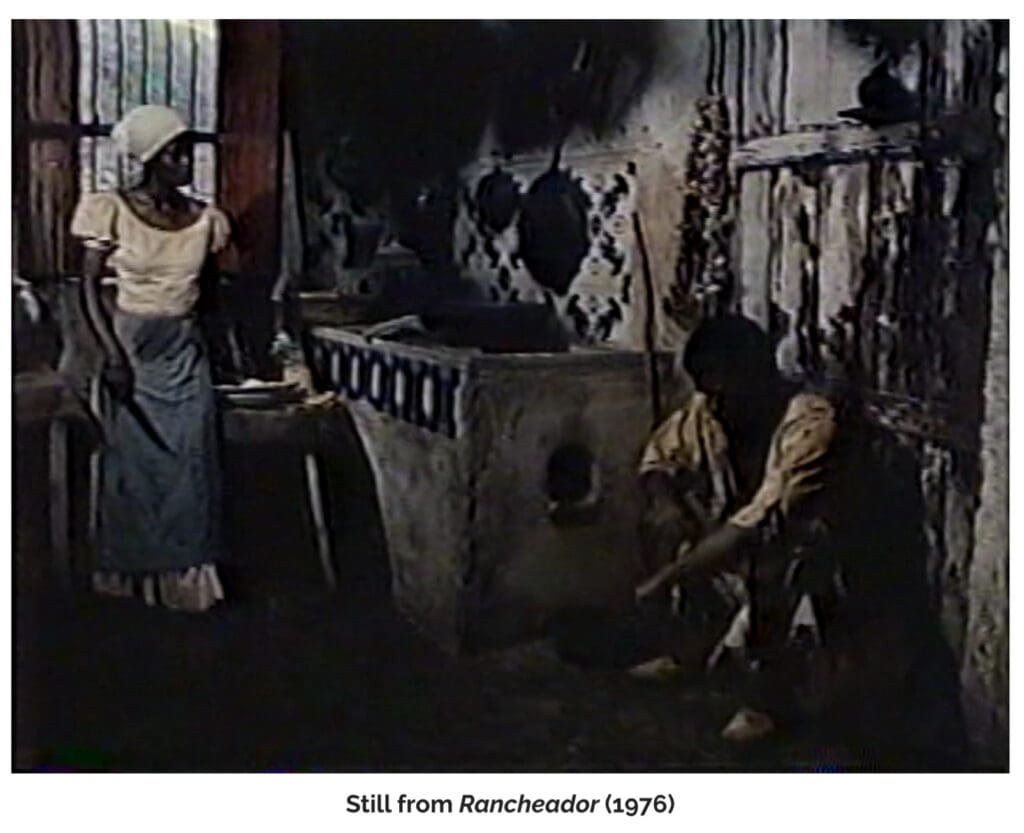
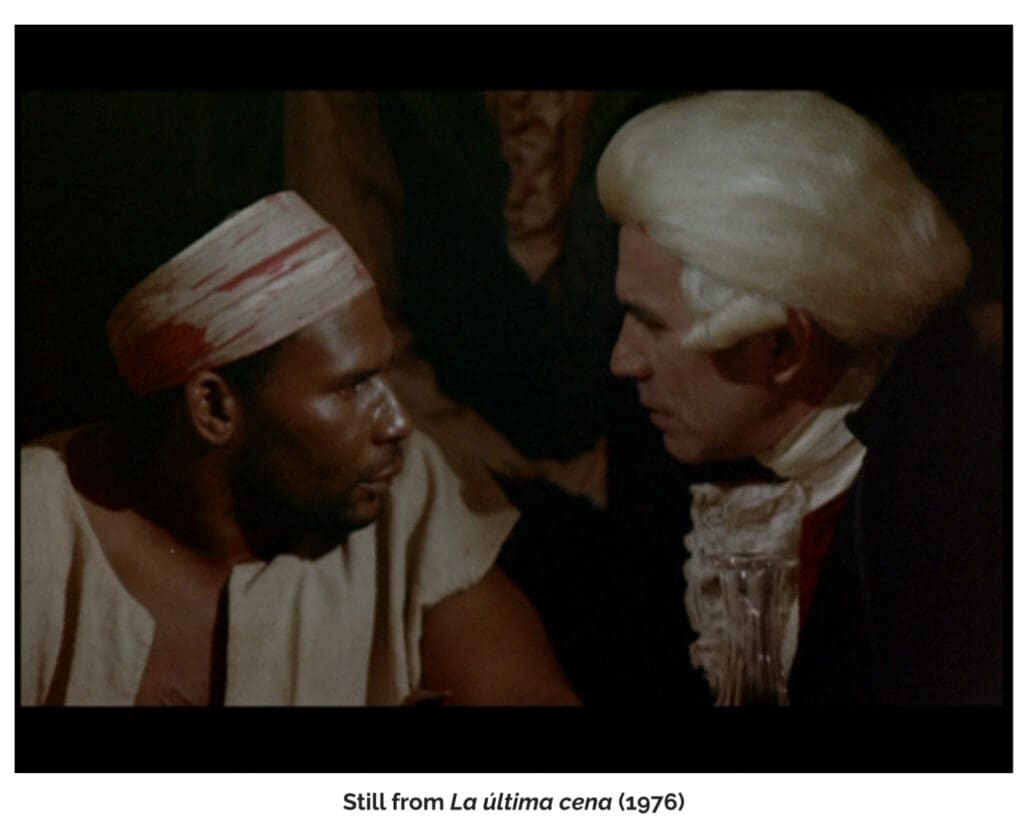
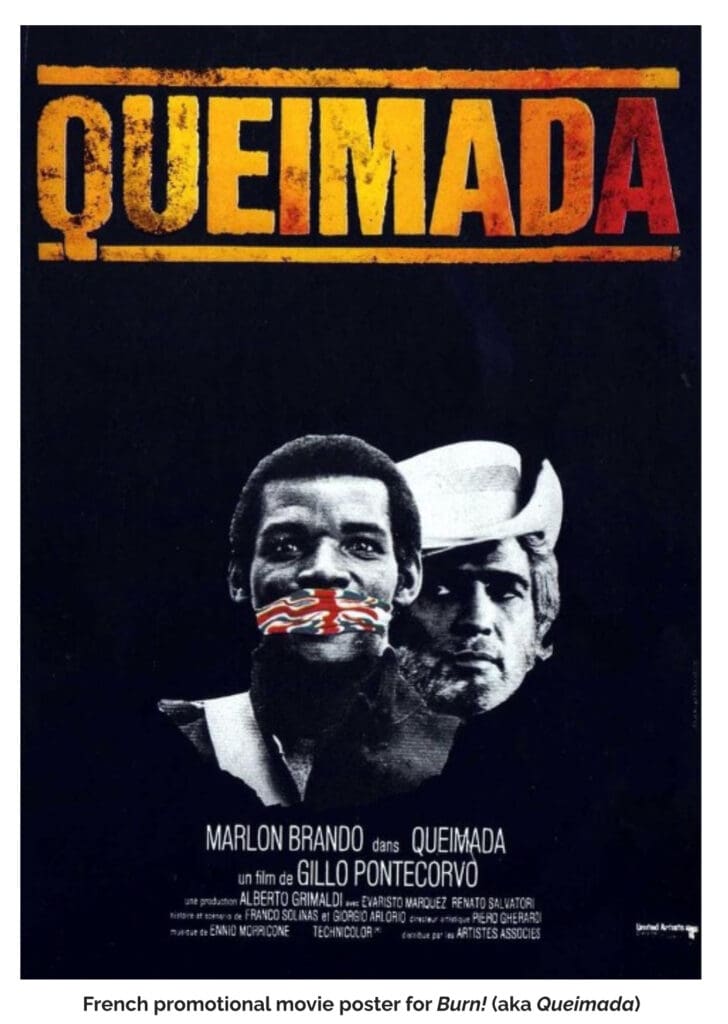

 The Conversation.“>
The Conversation.“>